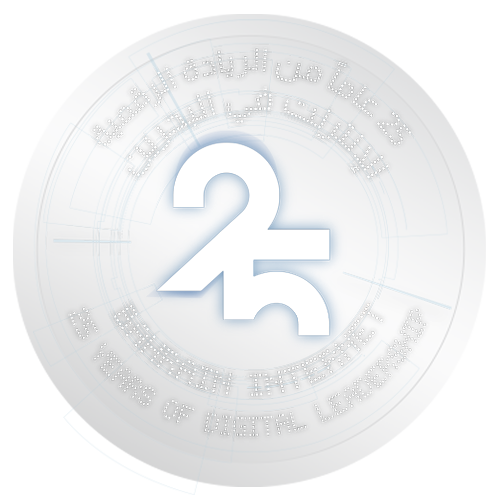What rules apply to the Internet? Who governs it? Internet governance is no longer just for technical experts, as it deals with political questions about the future of the Internet – matters that affect everyone.
Internet governance refers to the right to have a say and play a role in shaping the rules that govern the Internet – and not only technical rules. As the Internet becomes more fundamental in society, the associated political, economic and cultural changes become more evident.
Rules of play for a new phenomenon
Initially, Internet governance mainly referred to how the underlying engines of the Internet were meant to be regulated. For data to flow, a number of basic functions need to be inputted; among them the Domain Name System (DNS), the mechanism which enables a web address to be interpreted. One classic topic in Internet governance is the question of which country codes and generic top-level domains for Internet addresses are to be established for web addresses, and who coordinates the assignment of these.
In the early days of the Internet, it was usually individual engineers or research institutions who would handle such technical administrative tasks. However, as the Internet became ubiquitous, it became apparent that there was a need for detailed rules and organisations to oversee and govern the various segments. Today, institutions such as ICANN (Internet Corporation for Assigned Names and Numbers) coordinate the assignment of addresses, while the establishment of technical protocols and standards is handled by committees such as the IETF (Internet Engineering Task Force).
New Internet governance-related topics
The way in which these institutions evolve over time is a matter of many discussions of Internet governance today. Other political topics have also become increasingly relevant, for example: Internet access in emerging and newly industrializing countries, electronic commerce across borders, and intellectual property rights are all topics which have been increasingly discussed in the context of Internet governance, since the turn of the millennium.
Many current discussions are less focused on the underlying technical layers and more concerned with the rules governing applications and content on the “surface” of the Internet. Issues in this respect include challenges relating to data protection and freedom of opinion, aspects which illustrate the conflict between the ability of sovereign nations to impose general rules, and the transnational nature of the Internet.
Many current issues relating to Internet governance – ranging from the role of algorithms, to cybersecurity, to artificial intelligence – are also discussed under other umbrella terms such as digital policy or Internet policy, demonstrating that the need for an international perspective on rules, principles and procedures on the Internet continues to grow.
More than just laws – rules for the Internet
Internet governance is not just about having rules implemented in the form of laws. Technical standards are frequently established by means of consensus among all involved. The frequently-cited principle, “code is law” expresses how technology can shape opportunities and development as much as law can.
International treaties, such as those formed to fight cybercrime, are another means of Internet governance. Resolutions and voluntary commitments also aim to establish reliable standards. The tools and resources are as diverse as the players involved.
As such, Internet governance also includes negotiating which rules should apply to which activities, as well as who is responsible for establishing these rules and under what circumstances. There is an agreed consensus that no individual party has the capacity to shape the Internet entirely according to their designs. In light of this, Internet governance primarily exists to bring all stakeholders – including representatives from government, business, academia and civil society – to the table in order to discuss and establish the rules that govern the Internet.

